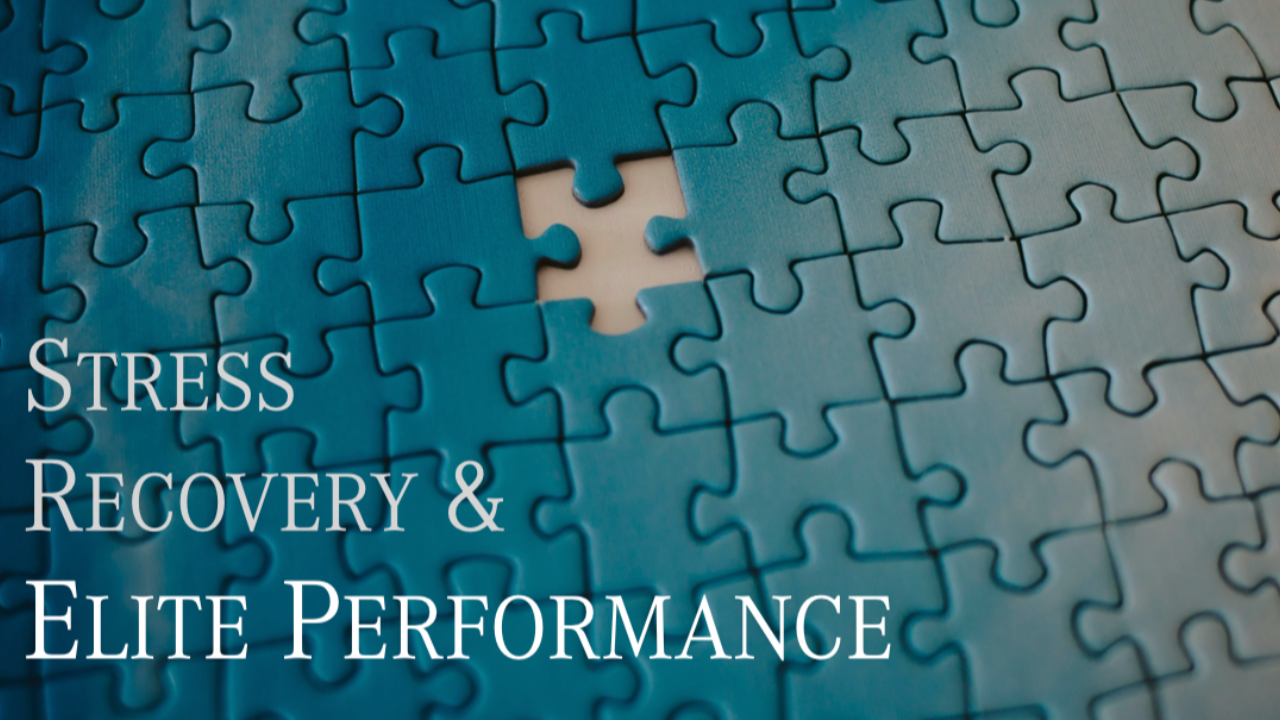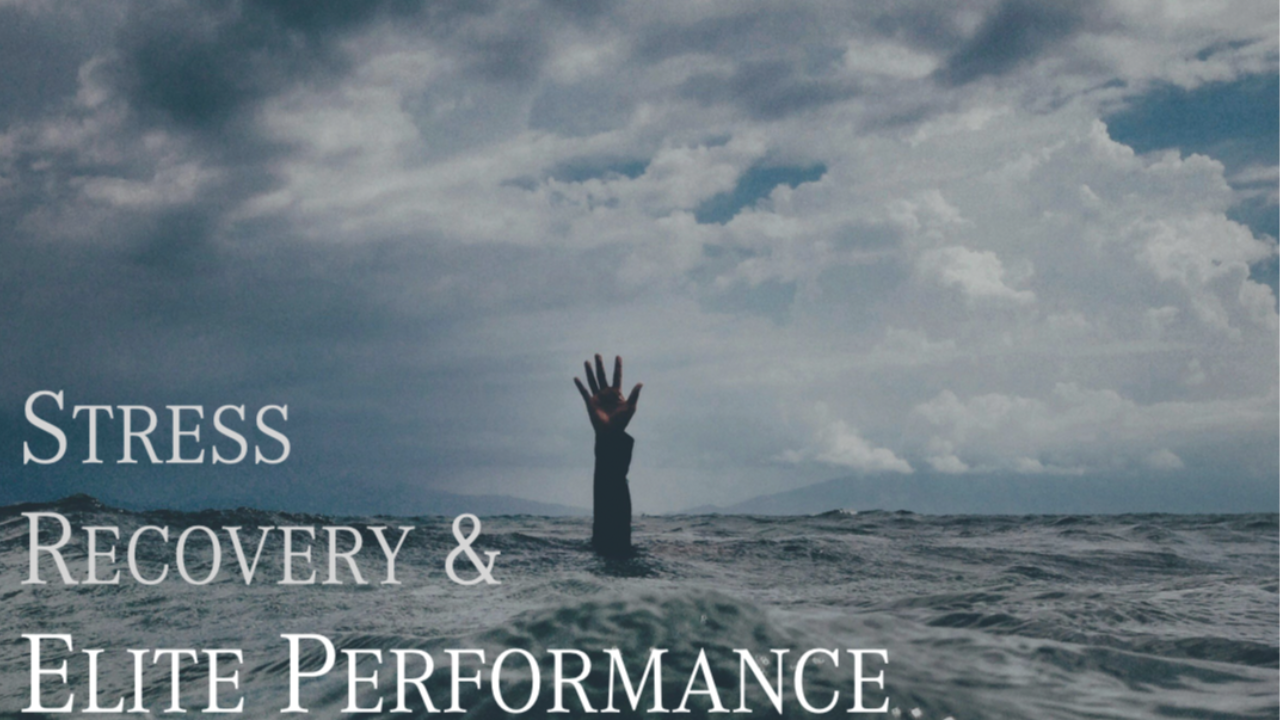The Isolation Tax CEOs and Coaches Pay
Jul 19, 2025
The Hidden Cost of Elite Leadership Isolation
East Coast:
It's 2 AM, you're staring at market projections that could affect 12,000 employees, and you're about to make a decision that will define the next fiscal year.
Who do you call? Who do you even talk to?
West Coast:
It's 2 AM across the country, you're staring at a team sheet for a championship playoff game, and you're about to make a decision that will define the next year.
Who do you call? Who do you even talk to?
At this moment, every high-performing technology leader or head coach faces the brutal reality few will ever hear about.
Isolation.
Who do you turn to?
Board members, coordinators bring valuable perspectives but can lack operational experience at your scale.
Your C-Suite or assistant coaches excel at execution but haven't navigated this specific challenge before.
Coaches offer approaches but haven't built and scaled technology companies or teams through difficult moments.
And the other consideration I know you’re contemplating – because I’ve fallen for it too - you don’t want to burden them with what you see as your problem.
But here's what most elite leaders don't realize: this isolation isn't inevitable.
It's a choice.
Elite performers across every domain have faced this challenge.
It’s a tax, you have to pay it.
But how much you pay is up to you.
That’s Why You Get Paid $10 Million A Year
I didn’t appreciate this fully early in my career.
Once, sitting in a head coach’s office, they asked me for my opinion on a big decision. I gave it, but (jokingly) followed up with the line “But it’s your call, that’s why you get paid $10 million a year.”
The joke didn’t land. I didn’t appreciate the pressure the head coaches and leaders were under.
CEOs, elite athletes, coaches and special forces commanders face identical isolation challenges.
When you're responsible for championship outcomes or life-and-death decisions, traditional advisory models break down.
And catastrophically.
No One Understands
You need people who have experienced and operated at equivalent levels, earned the right to challenge your thinking, and understands the unique pressures of elite performance.
I grew to realize the best leaders want people to challenge their strategic thinking they want people who’ve faced similar pressures in equivalent environments.
Whether that’s the Premier League, NFL or Fortune 500 executives – and most of all they want it when the stakes are highest. The pattern remains consistent.
The Sounding Board
There’s a story told about Abraham Lincoln once asking an old political colleague he knew from home to come to White House during a crucial period in his term as President.
Throughout the day the President argued both sides of the decision he was facing. He read letters and newspaper articles to his guest, for and against and asked him to debate switching sides.
On the way home the man realized that while he debated with Lincoln all day, he never asked him is actual opinion.
In his isolation, what Lincoln wanted most was a sounding board.
Why Traditional Models Fail The Elite
Deciding on the type of advisory approach is arguably as important as deciding on your operational team.
Most executive advisory falls into three categories:
None of these are adequate for elite leadership challenges:
Operational
Consultants who understand approaches but haven't faced the specific pressures of leadership at scale.
They provide valuable tactical support but lack experience and credibility for strategic challenges involving hundreds of millions in market value.
Peer
Other executives facing similar challenges but often in different contexts.
While valuable for perspective, they're navigating the same uncharted territory you are. Imagine a veteran NFL quarterback trying to coach a rookie. And as I’ve said many times “Context is King’.
Expert
Specialists with deep domain knowledge but limited experience integrating complex systems – and again under extreme pressure.
It's the difference between a skills coach who understands technique in detail and someone who's actually built training programs for teams.
What’s Really Needed
Elite leadership requires what one client refers to as "principle advisors."
Guidance from people who have:
- Successfully navigated equivalent pressure in
- Similar high-stakes situations in
- Complex environments
Tech executives operating at the highest levels, require advisory that matches the sophistication of your challenges.
But most of all – they also need the intelligence (and humility) to know what NOT to contribute on.
The Same Difference
The strategic challenges facing technology CEOs, championship coaches and business leaders manage during market disruption are the same, yet different.
The patterns are remarkably consistent across domains.
Knowing where to go and who to go to is the key.
The Echo Chamber Trap
Leadership can be risky if your supporting actors are more focused on keeping their job than doing it.
I was reminded of this recently with a leadership group. Mediocrity can creep unsuspectingly into a SLT – especially one who only operate in their echo chamber.
The Principle Advisor Model
Championship advisory relationships are built on three non-negotiable foundations:
Equivalent Experience
Your advisor(s) must have operated successfully at similar levels of pressure, complexity, and stakes.
This isn't about credentials—it's about having faced comparable challenges and delivered results. The key benefit here is being able to appreciate the complexity and pressure simultaneously to provide a sounding board.
Systems Similarity
Elite leadership challenges never involve single variables.
You need advisor(s) that understand how multiple complex systems interact under pressure—strategy, operations, culture, and human performance. The advantage is that they understand the holistic nature of the organization (or perhaps more correctly organism in some business cases).
Discretionary Access
Championship performers need advisory that's available both when decisions arise, not scheduled and during periods when reflection is needed.
Elite challenges don't follow calendar schedules. This is something that thankfully more leaders are appreciating – especially for reflective moments when pressure is off, so that the understanding and relationship is primed for critical moments.
Principles & Patterns
Working across multiple elite environments provides unique pattern recognition capabilities.
Cross learning can be valuable:
- Decision-making principles that keep head coaches focused during media scrutiny can translate directly to managing board expectations.
- Selection principles that support special operations selection can apply to hiring models for key technology roles.
- Crisis management principles that keep elite teams executing during setbacks provide templates for technology leaders managing regulatory challenges and competitive threats.
The key word in the last paragraph is principle.
It’s absolutely not about technique or method
It’s always about principle.
This is the key part many technology leaders miss.
The Special Forces Myth
During a break where I was presenting to the leadership of a special operations unit the conversation moved to selection.
By the way - Some of these men incidentally were played by actors in blockbuster movies you’ve seen.
As we grabbed coffee, I listened as these men were commenting at what they saw as the lunacy of seeing leadership teams copying some of their training techniques.
They were laughing at how some companies were taking leadership teams on log carrying exercises – but completely misunderstanding the principles behind why they do it.
The principles crossover – but the techniques must change depending on the context.
Remember context is always king.
How The Elite Build Championship Advisor Relationships
Advisory relationships aren't transactional—they're strategic partnerships built over time.
1. Experience
Look to actual performance under pressure.
Has your potential advisor delivered results in high-stakes environments comparable to your challenges?
Technology executives might want to discuss my sports experiences, sure, but the real question they should be asking:
- Have I identified the principles that optimize complex systems?
- Have I identified them under resource constraints?
- And all the while managing multiple stakeholder pressures?
Most importantly – can I communicate these principles to them in a way they can apply them?
2. Integration
Can they think systematically across multiple variables rather than providing isolated expertise?
Elite challenges require integrated solutions. This is where systems optimization becomes relevant—the ability to handle multiple interdependent variables simultaneously while maintaining analytical rigor across each dimension.
That’s a mouthful, but the more elite the performance demand the more managing complexity becomes crucial – general expertise not specialist expertise.
3. Challenge
Elite performers need advisors who will challenge their thinking, not just validate their decisions.
Harvard Business Review called this "constructive confrontation"—the ability to challenge assumptions respectfully while providing alternative approaches.
A line I use frequently to challenge leaders is “How many people working directly for you come to work to do their job or keep their job.”
If you are not surrounded by people who can and will challenge your thinking then it’s worrisome. This requires someone who's earned the right to push back through demonstrated performance.
The Compound Effect
Championship advisory relationships compound performance advantages over time.
Small improvements in strategic decision-making, resource allocation, and crisis management create significant competitive advantages.
Some research has shown that technology leaders with championship-level advisory report as much as 34% faster strategic execution, 28% better crisis navigation, and 41% improvement in long-term strategic planning accuracy².
Again – back to what I discussed in a previous piece CII – Continuous Iterative Improvement.
Paying The Isolation Tax
Elite leadership brings rewards.
And a tax
Elite leadership requires elite support.
Just as championship teams surround themselves with proven advisors who've operated at equivalent levels, technology executives need advisory relationships built on demonstrated elite performance rather than theoretical expertise.
The goal isn't to find someone who agrees with your thinking.
It's to find someone qualified to improve your thinking through battle-tested insights from comparable high-stakes environments.
Excellence compounds through systematic access to elite-level advisory.
Championship performance is not a solo effort—it's the result of surrounding yourself with proven performers who've earned the right to challenge and elevate your strategic thinking.
They'll help reduce your isolation tax.
And they may just improve your sleep habits too.
References:
- Garvin, D. A., & Roberto, M. A. (2001). What you don't know about making decisions. Harvard Business Review, 79(8), 108-116.
- Internal analysis based on MIT Sloan executive leadership program performance metrics, 2020-2024.





